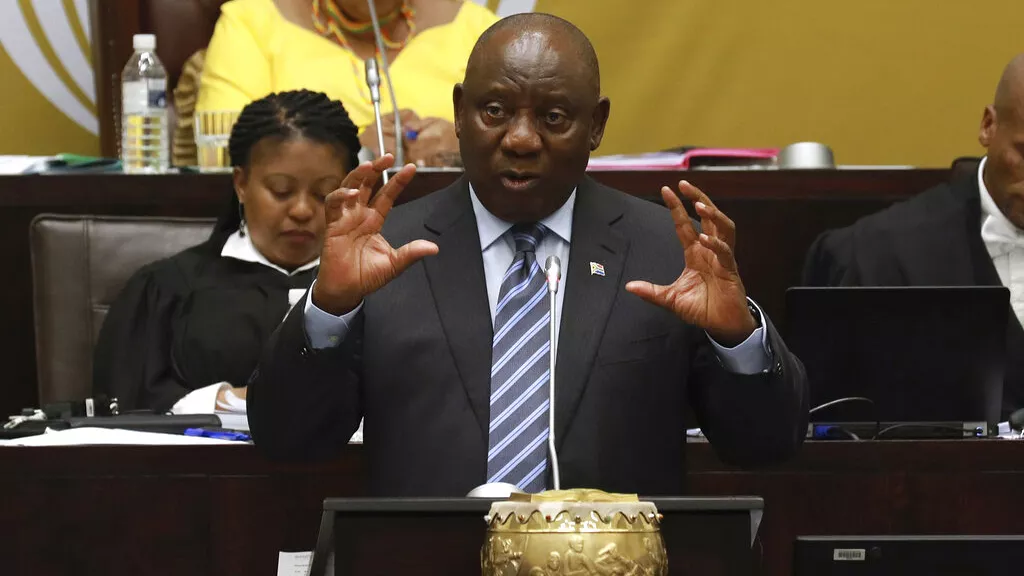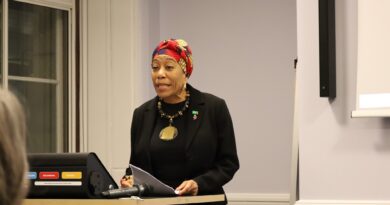South Africa Sets May 29 Elections Amidst Potential ANC Majority Loss
South Africa is gearing up for what could be its most pivotal national elections since the end of apartheid, scheduled for May 29, as President Cyril Ramaphosa announced amidst a backdrop of economic challenges and political uncertainty.
The ruling African National Congress (ANC), which has held power since the fall of apartheid 30 years ago, faces the possibility of losing its majority for the first time.
Polls indicate a decline in support for the ANC, with several projections suggesting the party may fall below the 50% mark for the first time in its history.
The election date announcement comes as South Africa grapples with a series of pressing issues, including record unemployment, an ongoing electricity crisis resulting in widespread blackouts, and pervasive voter mistrust following numerous corruption allegations against the ANC over the years.
Should the ANC fail to secure a majority, it would necessitate forming a coalition government to retain power, potentially marking a significant shift in South African politics.
The Democratic Alliance, the country’s main opposition party, is engaged in talks to form a coalition aimed at ousting the ANC from government entirely.
Meanwhile, the far-left Economic Freedom Fighters (EFF) has garnered increasing support, posing a challenge to the ANC’s dominance.
The upcoming election is viewed as an opportunity for South Africans to voice their dissatisfaction with the current state of governance and chart a new path forward.
President Ramaphosa, a political protege of Nelson Mandela, urged all South Africans to exercise their democratic right to vote peacefully, emphasizing the importance of the upcoming elections in shaping the country’s future.
The election, the seventh fully democratic one since the end of apartheid, holds immense significance as South Africa continues its democratic journey.
With the economy struggling, unemployment at alarming levels, and persistent challenges including corruption and crime, the outcome of the elections will undoubtedly shape the nation’s trajectory for years to come.
Additional Source: AfricaNews



